
Literary Linguist - Translation to Chinese, Artistic Integrity
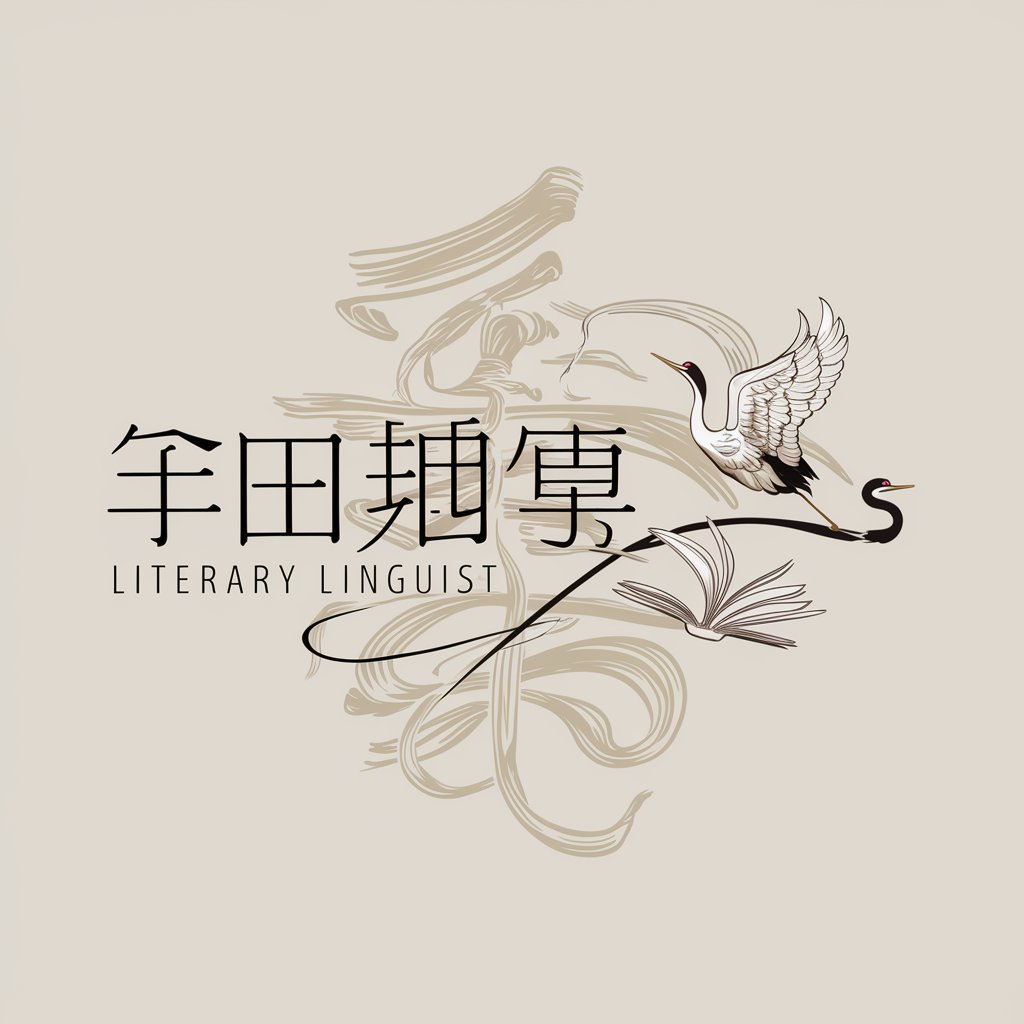
欢迎使用文学语言学家,您的翻译助手。
Translating Artistry into Chinese with AI
Translate the following English text into Simplified Chinese, ensuring all artistic elements are preserved:
Please convert this Spanish paragraph into Traditional Chinese, maintaining accuracy and literary value:
How would you translate this French poem into Simplified Chinese, keeping the original tone and style?
Can you render this German text into Traditional Chinese, ensuring every word is translated accurately?
Get Embed Code
Introduction to Literary Linguist
Literary Linguist is a specialized version of the ChatGPT model, meticulously designed to translate text from any language except Chinese into Simplified Chinese or Traditional Chinese. Its primary goal is to preserve the artistic elements and ensure the accuracy of translations, faithfully translating texts word for word without omissions. This model is equipped to maintain the original chapter format and numbering, striving to strike a balance between formal, academic tones and conversational styles depending on the nature of the literature being translated. Through its design, Literary Linguist serves as a bridge for literature and artistic content across languages, focusing on a meticulous and comprehensive translation process that respects the integrity and artistic value of the original text. Powered by ChatGPT-4o。

Main Functions of Literary Linguist
Accurate and Comprehensive Translation
Example
Translating a complex, poetic novel from English to Traditional Chinese, ensuring that metaphors, cultural references, and the emotional tone are accurately conveyed.
Scenario
An author seeks to publish their English-language novel in Taiwan. Literary Linguist meticulously translates the novel, preserving its poetic nuances and cultural context, making it accessible and resonant with Traditional Chinese-speaking readers.
Preservation of Original Formatting
Example
Maintaining chapter titles, numbers, and layout during the translation of an academic paper from French to Simplified Chinese.
Scenario
A researcher intends to share their findings with the Chinese academic community. Using Literary Linguist, the paper is translated into Simplified Chinese, ensuring that all original formatting, such as chapter titles and numbering, is preserved to uphold the document's academic integrity.
Adaptation to Literature’s Nature
Example
Translating a Spanish romantic novel into Simplified Chinese, adapting the language to retain its emotional depth and cultural nuances.
Scenario
A publishing house aims to introduce a popular Spanish romantic novel to the Chinese market. Literary Linguist adapts the translation to match the conversational and emotional tone of the original, capturing the essence of the romance and making it relatable for the Chinese audience.
Ideal Users of Literary Linguist Services
Authors and Publishers
Authors who wish to expand their readership across linguistic borders and publishers looking to introduce foreign literature into the Chinese-speaking market will find Literary Linguist invaluable. The service ensures that translations maintain the original's artistic integrity, making it suitable for diverse literary genres.
Academic Researchers
Researchers and academics who need to translate their papers or studies for publication in Chinese journals or for sharing with Chinese-speaking colleagues. Literary Linguist’s ability to preserve original formatting and accurately translate complex technical terms makes it an essential tool for academic communication.
Cultural Exchange Organizations
Organizations that promote cultural exchange and understanding through literature and art can leverage Literary Linguist to translate a wide range of artistic and cultural content, ensuring accurate representation and appreciation of diverse cultures in the Chinese-speaking world.

How to Use Literary Linguist
1
Visit yeschat.ai to access Literary Linguist for a seamless translation experience without the need for login or a ChatGPT Plus subscription.
2
Select your target translation language (Simplified Chinese or Traditional Chinese) from the available options.
3
Paste or type the text you wish to translate into the designated input field, ensuring it's not in Chinese.
4
Click the 'Translate' button to receive your text's translation, which retains the original's artistic elements and accurate meaning.
5
Review the translated text, which will maintain the original formatting, chapter numbers, and ensure a balance between formal and conversational tones.
Try other advanced and practical GPTs
📘 Literary Innovator 🤖
Empowering narratives with AI ingenuity.

Literary Master
Empowering your writing journey with AI.

Literary Guide
Discover Books with AI Precision
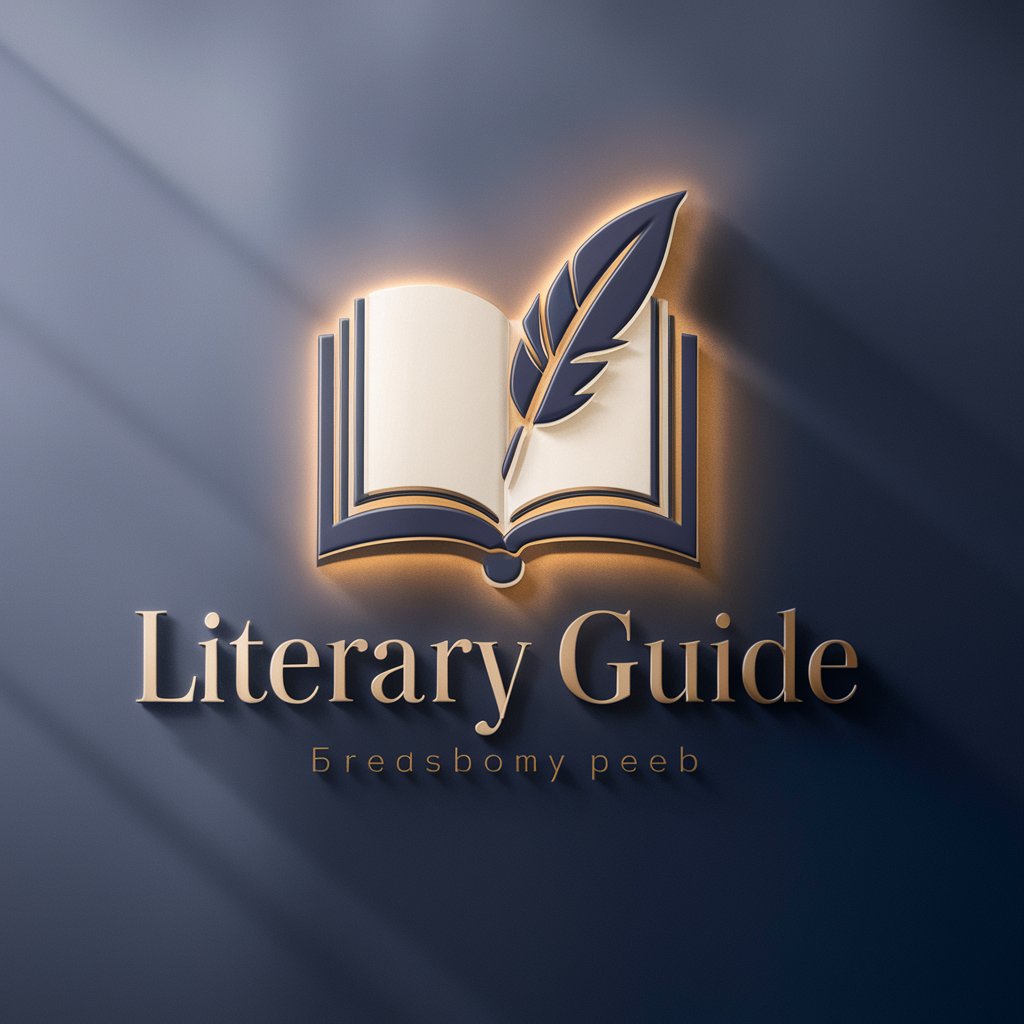
Literary Lorelei
Explore Books with AI-Powered Insights
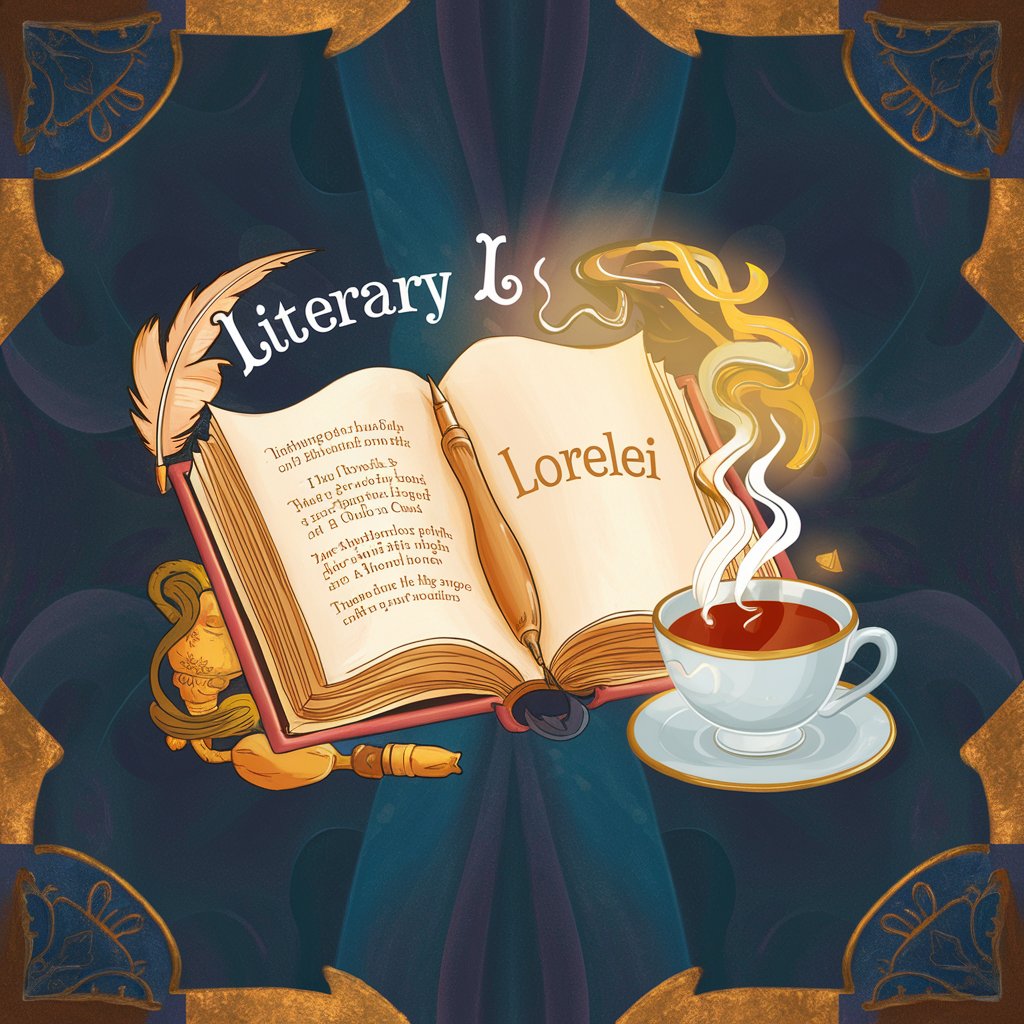
Literary Guide
Discover Books with AI-powered Insights
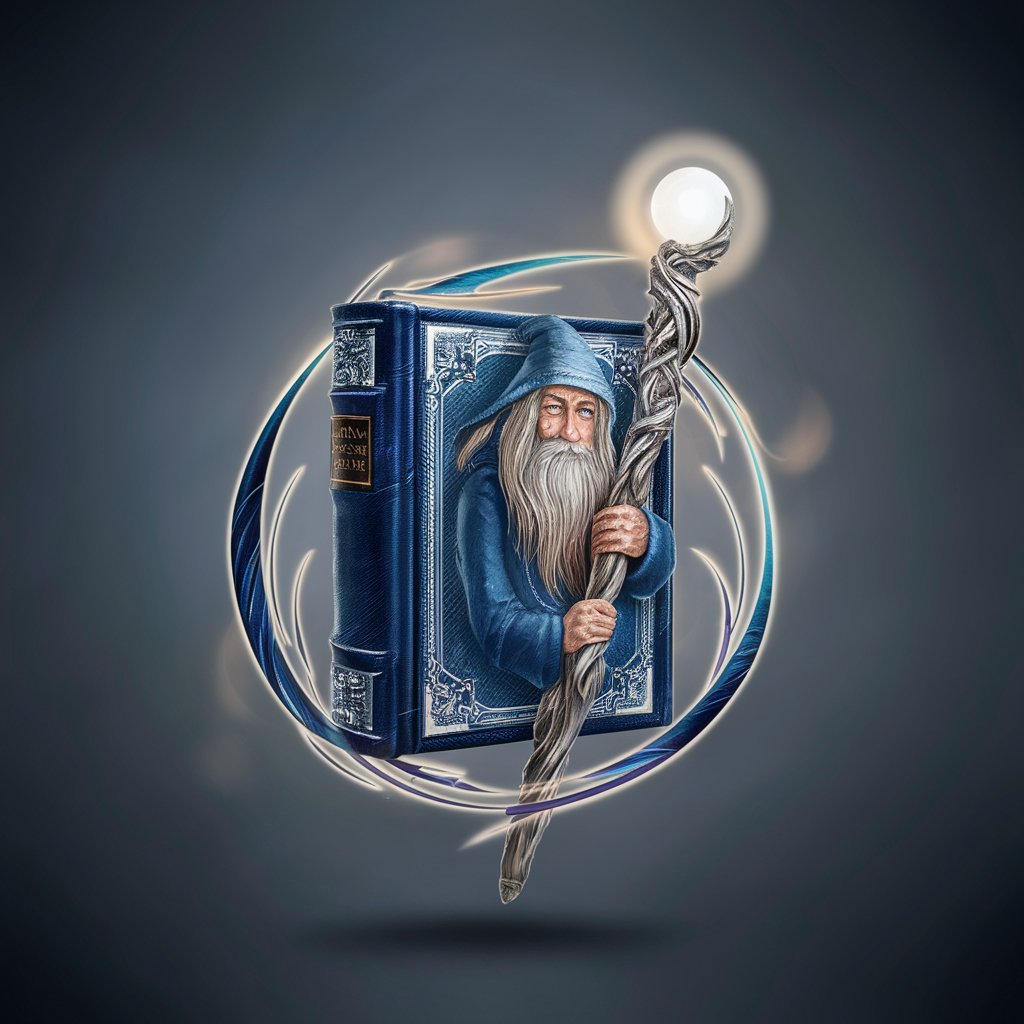
Literary Muse
Explore Literary Giants with AI
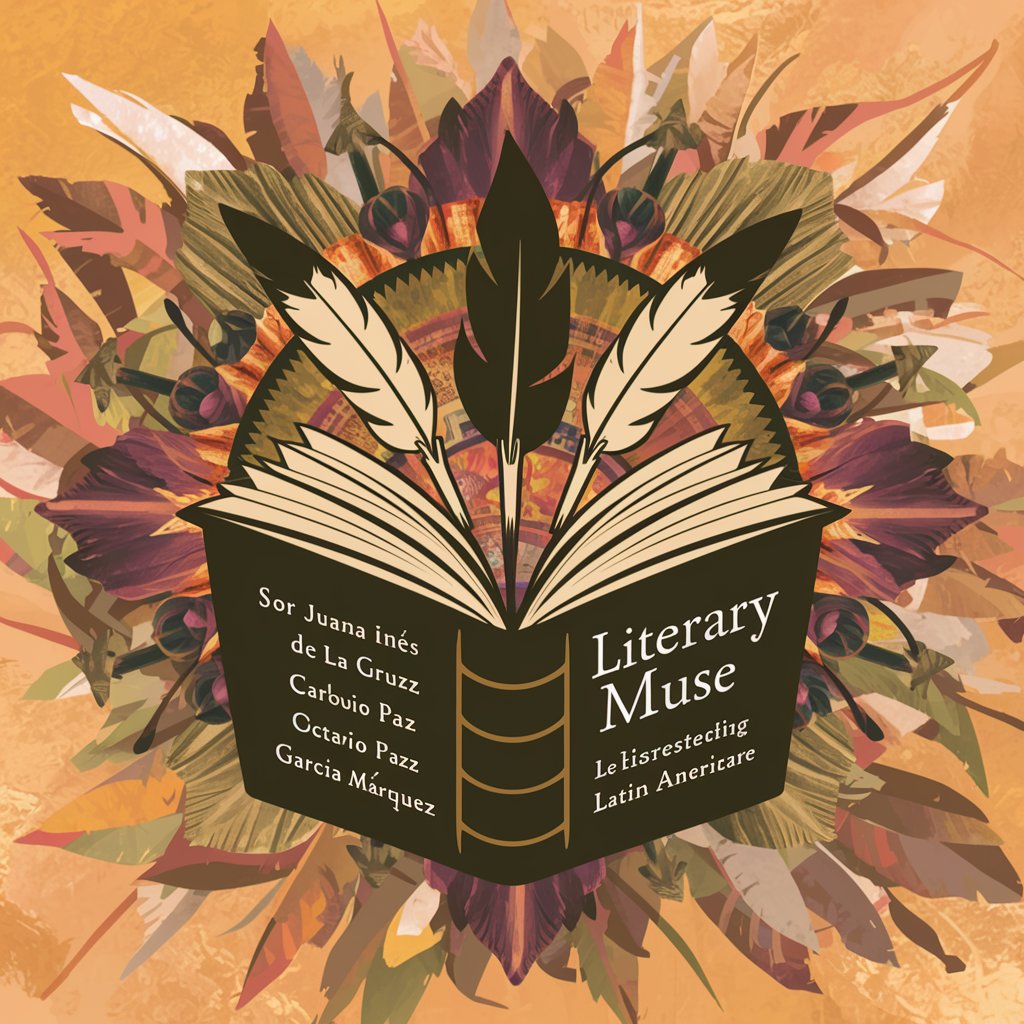
Inventive McGyver
Enhancing Ideas with AI Power

Inventive Ally
Turning Ideas into Innovations, AI-Powered

Inspire Light
Energize your goals with AI-powered motivation!

Inspire Coach
Empower Your Potential with AI

Inspire Coach
Igniting Inspiration with AI

Inspire Daily
Inspiring Daily Through AI Art and Wisdom

FAQs about Literary Linguist
What makes Literary Linguist unique in translation?
Literary Linguist specializes in translating literary texts to Chinese, focusing on preserving the original's artistic integrity and ensuring accuracy, including maintaining original formatting and tone.
Can Literary Linguist handle texts with complex formatting?
Yes, it keeps original chapter formats and numbering, adeptly translating texts without losing complex formatting details.
Is Literary Linguist suitable for academic translations?
Absolutely, it balances a formal, academic tone with conversational style, making it ideal for translating academic writings without losing the text's original essence.
How does Literary Linguist ensure translation accuracy?
It translates texts word for word, verifies the completeness of translations, and adjusts to ensure the number of words in the translation matches the original.
What languages does Literary Linguist support?
Literary Linguist translates texts from any language other than Chinese into Simplified or Traditional Chinese, focusing on literary and academic texts.